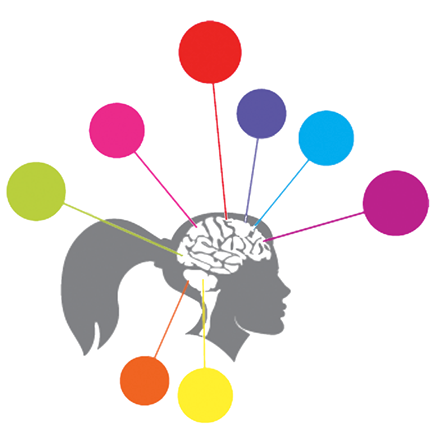
What is Moodism?
Moodism: is a practical way to understand and improve our moods and attitudes. The goal of Moodism is to provide unique skills, enabling each of us to become more effective and efficient in our interactions with others. Resulting in a higher quality of relationships and life.
The Philosophy
Instead of letting your mood control you, you can manage and control your moods so you put unhelpful moods behind you and generate moods that allow you to be successful. We might want to swing from the cheerful mood we gained from talking with our children to a tough-minded mood for our upcoming business meeting. Moodism is about intentionally changing our mood so we are in the right mood for the situation.
Have you ever been in a group when you are in a good mood but no one else is? If these individuals are people you are trying to work with, their bad moods can be counterproductive. Happy people are more creative and productive people, so helping others be in a better mood can benefit you, them, the company you work for, and anyone else with whom that other person comes into contact.
All the possible techniques for Moodism have one of two possible goals: to get us out of the mood we are in, or get us into the mood in which we want to be. The variety of ways to change your mood is unlimited & unknown.
Moodists believe a more fulfilling, satisfying, successful, effective life can be led by understanding our moods and connecting with others. Our ability to empathize with others, and thus to connect with them, is enhanced by our willingness to find something in our past that allows us to identify with the struggles others are encountering. This may require taking a risk and exposing ourselves emotionally, as well as an effort to comprehend the motivators for another individual's emotion. Once we connect with others, we find that we look forward to working with those people, we trust them, and believe in them.
Empathy allows us to start building connections with others, and building connections with others fosters the development of trust. Once you are connected through your moods and emotions, interpersonal efficiencies increase. Your natural fear fades and a willingness to trust, accept, understand and challenge others in a functional framework is now available.
The process of ensuring that we are in the most appropriate mood for the situation begins with simply knowing what mood we are in at a given moment. However, few of us stop to assess our mood during the course of the day; we are often influenced by our mood without being consciously aware of it.
How often do you stop and consider what mood you are in? Moodism can teach you how to test your mood and use that information to your advantage.